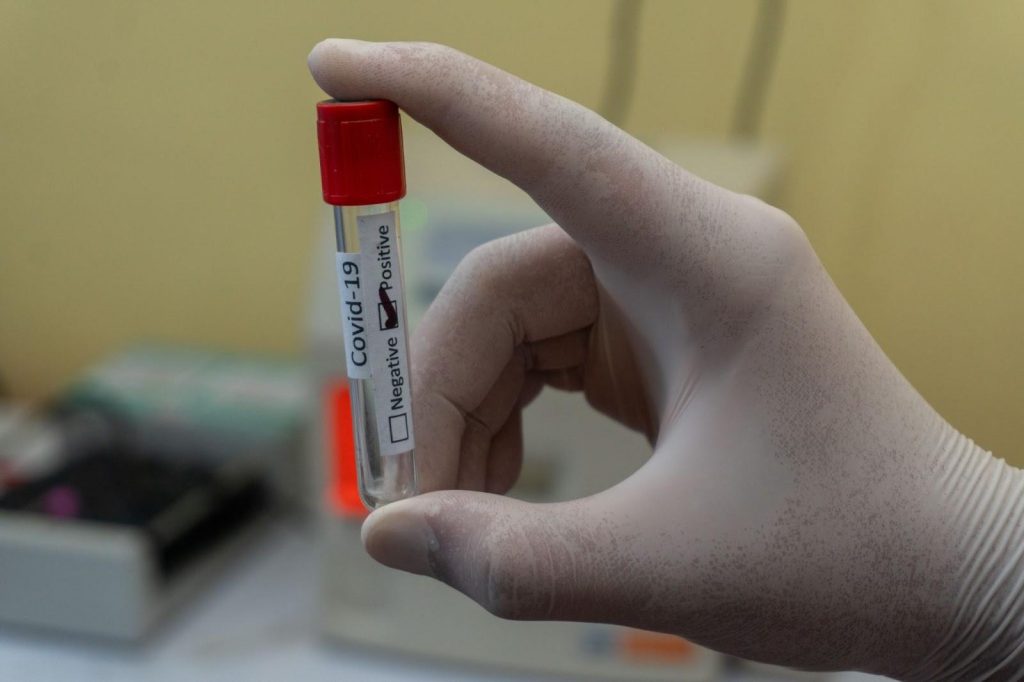We have all heard about blood banks, more or less. Those who know about blood banks also know their importance so far. Without the presence of blood banks, it would have been impossible to provide blood to millions of injured people in need and save their life in particular.
Blood is the ultimate need of any person who is injured severely. This is where the blood bank comes into work to store human blood and deliver it in need.
However, cord blood banks are different and also have different purposes. Cord blood generally remains in a mother’s placenta and the umbilical cord of a newborn child. Cord blood is very crucial because it contains stem cells that can simply treat hematopoietic and genetic disorders.
In addition, the cord blood banks are there to store the cord blood. There are two types of cord blood banks available: private and public cord blood banks.
Importance Of Cord Blood Banking

Stem cells are highly valuable and also very unique; they do not develop in specific stem cells. Collecting stem cells is very crucial because you will get only one chance during the birth of a child to collect them.
HSCs or Hematopoietic stem cells are found in the cord blood, and these are very matchable to the parents and family members. This is why whenever someone needs stem cell transplantation, they can already get the match from the cord blood banks.
Cord blood has the ability to treat almost 80 diseases altogether, including anaemia, leukaemia, and lymphomas.
What Is Private Cord Blood Banking?
When we have understood cord blood banks, it’s time to find out which one is best for you. Many people are going for private cord blood banks, but you may not know the reason.
Let’s find out why private cord blood banks are so popular.
Private cord blood banks provide the private service to store cord blood for the particular child or the parents, or even the family members. However, you will need to pay for storing and saving the cord blood for you.
So, private cord blood banks can be seen as the health insurance banks that you consider for your future health safety.
What Is Public Cord Blood Banking?
Public cord blood banks work quite differently, and it is very suitable for public usage. Once you have donated cord blood to a private bank, you will no longer be the owner of the stem cells.
This is because, in a public cord blood bank, one can claim stem cell transformations. This is basically for public usage, and there is no ownership work.
On the other hand, these blood banks do not cover the cost of the transfer and storing process, and thus when you are in need, you will have to carry all the charges with you.
Myths And Facts
No matter how much you know about cord blood banks, the process is pretty new and unknown to many people. Due to the lack of knowledge and limelight, it is still under various myths.
Here we are going to find out a few myths that are spread in the market regarding cord blood banks.
Myth: Collecting cord blood from public banks is cheaper.
Fact: The real fact is that you will not be able to get cord blood for free from the public cord blood banks. There are various steps and procedures that need to be passed to get cord blood for your loved ones.
You will have to face the charges regarding storing and transferring the cord blood as the bank will not carry it. On the other hand, private cord blood banks carry all these charges on their own.
Myth: Cord blood storage is a medical waste.
Fact: Over 40,000 patients with serious disorders and diseases have benefited from cord blood treatment since 1988. The blood-forming stem remains in the umbilical cord and helps to build the immune system and bone marrow.
Myth: Cord blood collection can harm the baby.
Fact: Cord blood collection poses no risk to the baby or the mother. The cord gets cut when the baby takes birth, and there is no different involvement of blood in the body.
Store Your Child’s Cord Blood According To Your Niche
If you want to store it only for your family members, then it’s better to invest in private cord blood banks for years. On the other hand, if you want to just donate it, you can store it in a public cord blood bank. Whatever step you take, the benefit will be for the patients.
